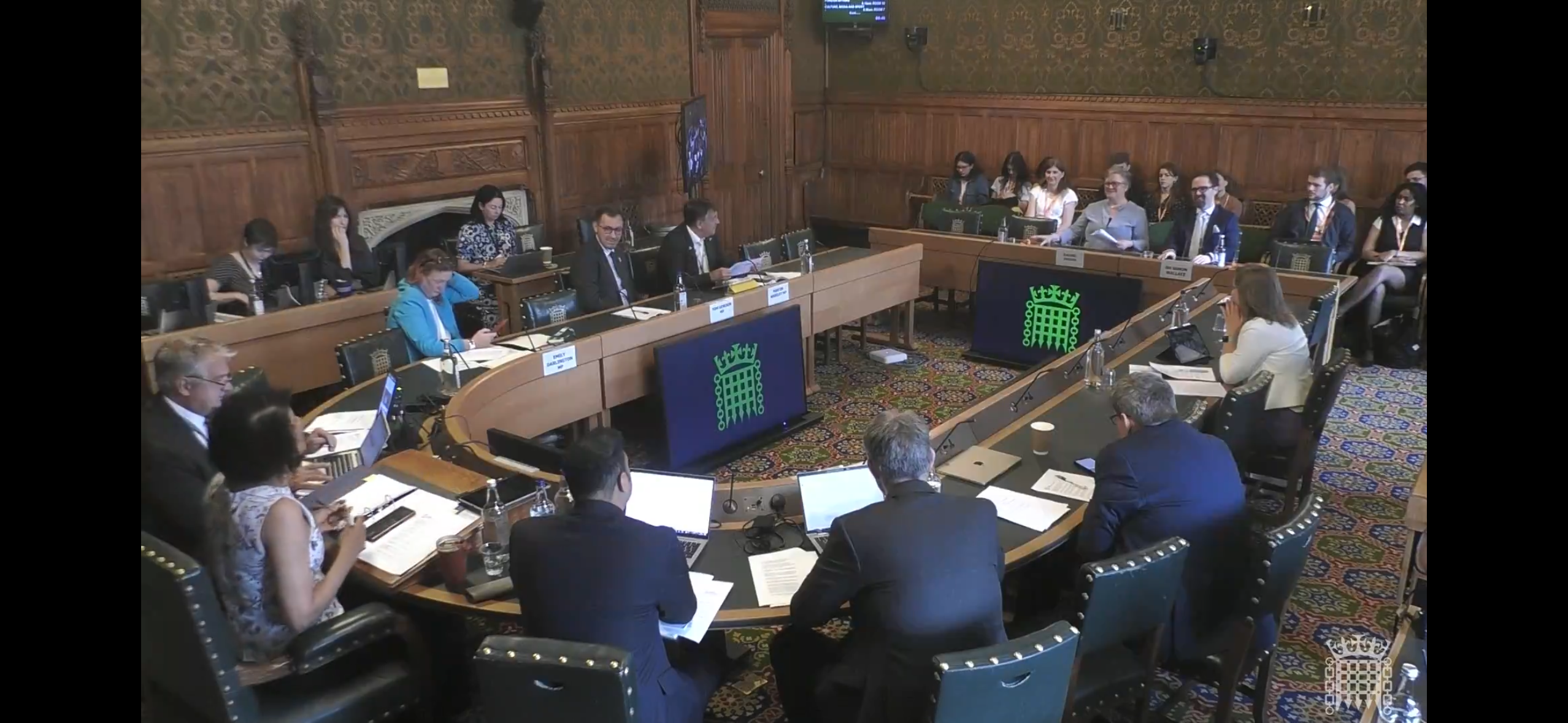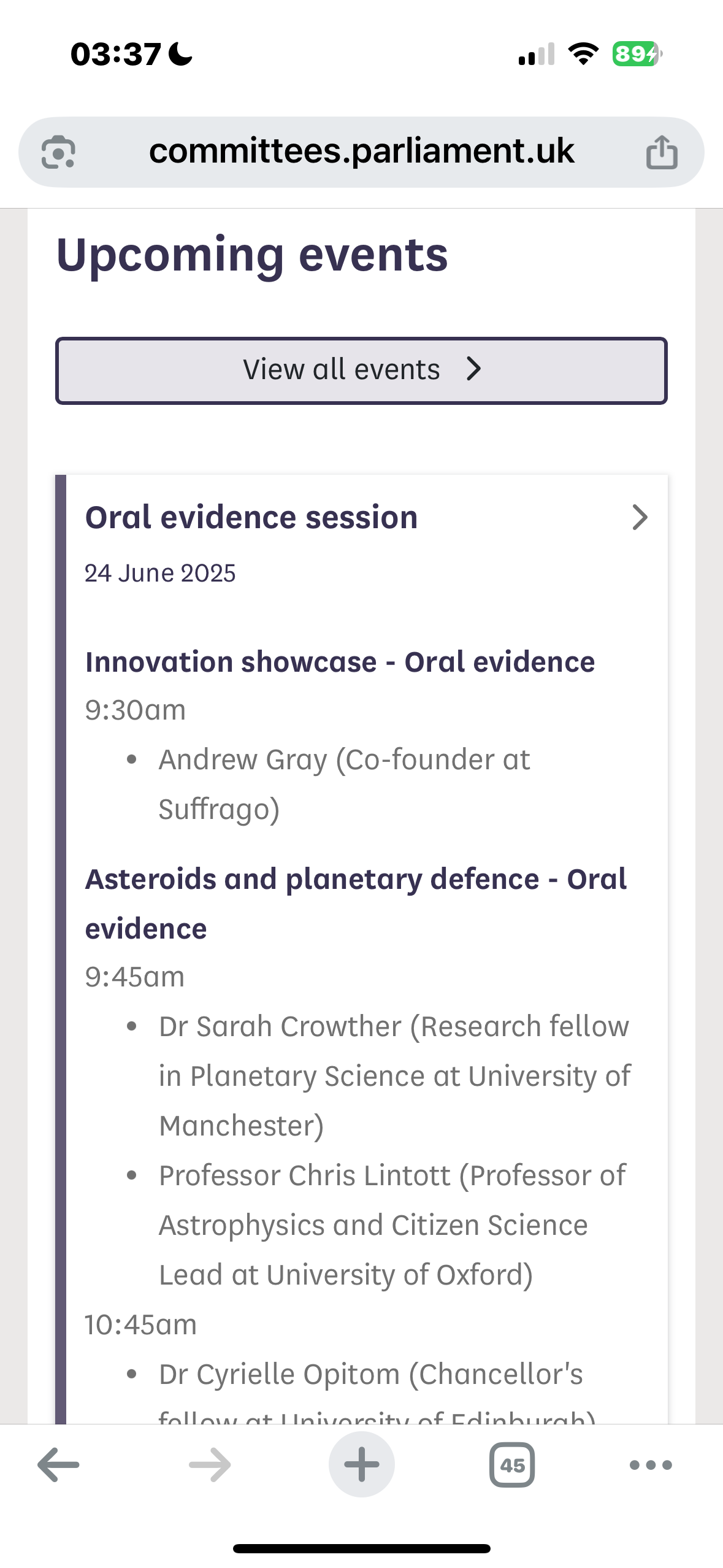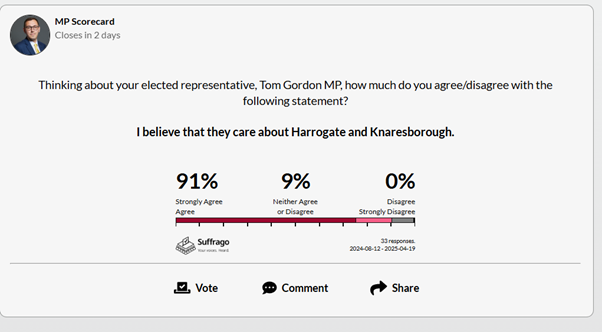It’s time for another dull health update. Today, my neurologist copied me into a letter which he sent to my GP. In it, he asks what types of antibiotics I have had over the years, speculating that I might be suffering from fluroquinolone toxicity. He asks whether I have ever taken ciprofloxacin (Cipro). Boy, have I taken Cipro! It’s the only antibiotic I can recall taking for the innumerable bouts of prostatitis which have plagued me for years.
In the US, there are class lawsuits against big pharma for the damage that these antibiotics have done to thousands of men. Stemming from these actions, the EU investigated the issue, leading to an EU-wide memo warning of its dangers. Relevant to me, the European Medicines Agency demanded that Cipro and others was not prescribed for chronic prostatitis.
In March 2019, our Department of Health advised GPs not to prescribe these antibiotics, unless in exceptional cases. The guidance notes that some people are left with permanent nerve damage. Perhaps this is where I am now.
Frankly, I am numb, at the thought that I’m stuck at 65% (if that) of capacity, permanently. Will I ever be able to work full-time again? Will I ever play sport again? Or run again?
And what trajectory am I now on? If permanent Cipro poisoning is the diagnosis, does this actually change anything?
In the last seven days, I have: attended the funeral of a good friend’s mother; met with someone whose son committed suicide; learned about my friend’s husband, who buried two of his children before they turned 12, due to an inherited condition; and caught up with another friend who has just lost their mother.
There are no guarantees for any of us. Everything has changed but nothing has changed: life is tough and unpredictable. Enjoy it! Time to book a holiday.
Lessons to Learn
Foolishly, well before now, I should have started researching why it was that I kept on succumbing to infections. In yesteryear, each infection would have killed me. It’s only of late when I have bothered to ask this fundamental question. More fool me. Repeated prescriptions of weapon’s grade antibiotics could never be the answer.
And as for the NHS, it could have saved us all tens of thousands of pounds by investigating why these infections occur. Upstreaming, holistic approaches to medicine must quickly become the way that we as a society tackle health issues. Quick fixes, like antibiotics, just push the problems down the line.









